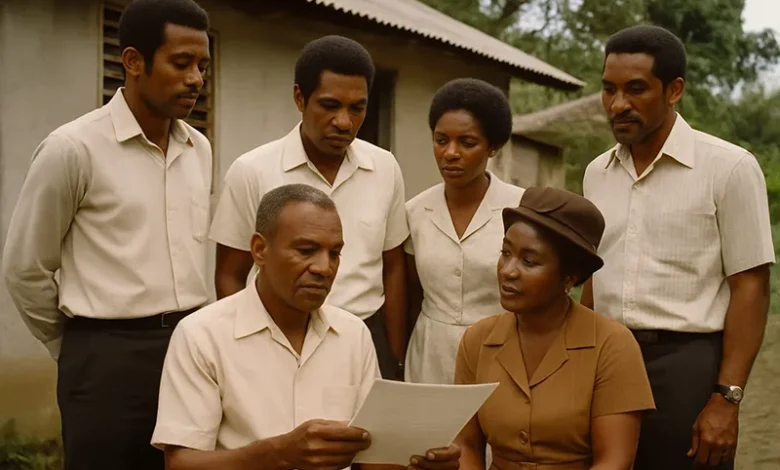Castle Bruce Farmers’ Cooperative

The Castle Bruce Farmers’ Cooperative emerged from the dramatic “Castle Bruce Affair” of 10 July 1972, when Atherton “Athie” Martin, newly appointed manager of the Castle Bruce Estate (then owned by the British Commonwealth Development Corporation (CDC), refused to follow orders to lay off 53 workers. A Cornell‑trained agronomist and agricultural economist, Martin argued that dismissals would devastate the local village economy, as the estate was the area’s primary employer.
Instead, he proposed converting the plantation into a worker-run cooperative. This proposal ignited national attention, as farmers, activists, and politicians rallied around Martin’s vision. Between 1972 and November 1973, the Cooperators marched in national events, including an attempt to participate in the National Day parade with red and black banners, despite police crackdowns. By 1978, the estate was formally purchased and transitioned into the Castle Bruce Farmers’ Cooperative, a model of collective ownership and rural empowerment.
Structure, Services and Political & Social Impact
Spanning more than 1,300 acres in Saint David Parish, Castle Bruce is the largest village in the rural east of Dominica, with agriculture central to community life. The Cooperative took over the CDC plantation and established democratic internal governance, with members electing leadership committees to manage production decisions, land use, and finance.
The founding of the Cooperative had profound political implications. It served as a bedrock for rural mobilisation within Dominica’s Dominica Farmers Union (DFU), where progressive Dominican leaders, like Martin, coalesced around land reform and equitable access, opposing the conservative elite planters who supported the Dominica Freedom Party (DFP).
Martin’s leadership prompted regional and national shifts, DFU helped build momentum toward the May 1979 uprising and the decisive 1980 general election victory for DFP. Though Martin did not stand for election himself, his organisational role and reputation were influential in rural constituencies like Castle Bruce and Colihaut, where DFP won sizable support.
The cooperative also influenced political discourse around cooperative farming as a viable rural strategy during a period of economic crisis and social change.




